By Dr. Edmund Chilaka
Preamble
The recent reported pronouncement by the Federal Ministry of Transport (FMOT) on the Nigerian Ports Authority’s (NPA) management of seaport channels deserves the closer attention of port industry operators to ensure that it is in line with the best interest of all stakeholders. According to the news reports, the FMOT was reported to have directed the NPA to re-consider in-house management of the channels. In view of the extreme importance of the issues at stake here, it is critical to make this clarificatory comment to ventilate the space and avail the public, all authorities, and especially policymakers, with the unimpeachable facts of the case in hand. For, as Edmund Burke said, “the only thing necessary for the triumph of evil is for good men to do nothing.”
From my long experience in publishing local and international dredging data and comparisons with other successful maritime nations, I can say that the dredging of the channels is at the crux of Nigeria’s current position in both regional and international sea trade, especially as the commander of over 65% of the maritime shipping traffic in West Africa. The aim of this comment, therefore, is to protect the integrity of Nigeria’s channel management architecture from any adverse groundswell of politics, and the reason is obvious. The reach of Nigeria’s port industry presently exceeds the boundaries of national politics and any interventions deemed by any stakeholder to have adversely affected their operations brook possible legal actions locally or overseas, with Nigeria’s sovereign assets exposed to judgment claims. I shall demonstrate this below. So, what are Nigeria’s options for harbour dredging in order to avoid an erroneous backward step? Is the reported FMOT directive on the matter tenable, practicable and/or, advisable?
Why Dredge at all
Unlike countries blessed with natural seaports which have deep channels unblocked by silting sand, many Nigerian seaports are actually built along rivers and dredging their channels to the sea is indispensable to make them functional in the international scheme of shipping and maritime trade, and to keep them to the advertised draughts. Any port is only as good as its channels and berths. Without a navigable channel, no port will be patronized by ship owners, carriers or other marine operators, because the essence of a port is as a gateway to safely bring in imports and take out exports, without damage to the vessel. For example, the Lagos port system came alive only after 1907 when the steam dredger, Egerton,removed the blocking sand shoals to gain a depth of 10½ft needed by big steamers to call at the Customs Wharf in those days. Previously, most Lagos-bound cargoes were landed at Forcados Port (which had the necessary depth), for transshipment to Lagos. Thus, from 1907 till 2005, the Lagos port system was dredged continuously using in-house management and infrastructure and the status of its channels and aids to navigation always determined the size and growth of its annual throughput volumes.
NPA’s In-House Dredging Management Pre-Concession Era
However, although the dredging regimen used during the pre-colonial, colonial and post-independent periods sufficed for the time, the Authority’s in-house harbour management methods began to fail by the 1980s. There were ship groundings and lots of complaints from ship owners. Note that the NPA had acquired some equipment for dredging and wreck management, namely: two trailing suction hopper dredgers (TSHDs), Sea Lion and River Challawa; the suction dredger, SD Gumel, the heavy-duty crane, Kakube, the buoy-laying vessel, Bode Thomas, and the hydrographic survey vessel, Argungu, all deployed to the Lagos pilotage district. For the eastern ports, the Authority retained the services of Tayasa Dredging Nigeria Ltd and the foreign dredging companies. This was the state of affairs until the Joint Venture partnerships with Lagos Channel Management (LCM) and Bonny Channel Company (BCC)) were set up in 2005. Nevertheless, as I write, most of this NPA’s owned fleet of dredgers and equipment in Lagos are completely outdated and non-functional.
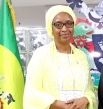
In a telling report of this era, the World Bank concluded that the state-owned enterprises (SOEs), including NPA, guzzled Government subventions, returned losses on investments, were incurably bureaucratic, slow, corrupt and mostly irredeemable. This verdict gave rise to the seaport reforms. However, I daresay that if the present FMOT idea of restoring NPA’s in-house channel management arrangement is adopted, the previous issues which necessitated the reforms would resurface. The nation would see more of such losses of key equipment caused largely by the typical bureaucracy, lack of maintenance and ineptitude. Moreover, new staffs would have to be employed. Would they be willing to work the 24/7 rosters being used presently by the JV partners to keep the Lagos and Bonny pilotage districts effectively deep, buoyed, lighted, and wreck-free?
The Origin of the Joint Venture Partnerships
Conversely, let us take a closer look at the JV channel management arrangements which were emplaced during the 2001 seaport reforms. So far, it remains the most rigorous and concerted effort to lift the Nigerian seaport system to international levels of administration and operation, as attested by current key performance indicators (KPIs). Various stakeholders and consultants participated to deploy this system, including the National Assembly, the Federal Executive Council, the FMOT, the National Council on Privatisation, the Transport Sector Reform Implementation Committee, the Bureau of Public Enterprises, the World Bank, CPCS Transcom Canada, the ICS, Royal Haskoning, NPA, NIMASA, and several inter-ministerial committees, on the one hand. On the other hand, there was the coterie of local and foreign shipping lines and port operating companies, which participated in the bids for the port terminals offered by the NPA under the emergent seaport concession programme. The process lasted from 2001 and culminated in 2006 when successful bidders took over cargo operations in 26 terminals, which were offered for concession from Lagos to Calabar under the newly-adopted landlord port model. The joint venture partnership agreements which shared the former in-house channel management functions with the NPA were established with LCM and BCC in August 2005. Coastal and Reclamation Engineers (CARES) was appointed as independent dredging auditors. The resultant lease agreements and joint venture partnerships relied on the execution of the NPA Act, section 8 sub-sections j, l, x, to protect stakeholders’ investments.
READ ALSO: Real reasons why Ameachi is going after Hadiza Usman Bala’s jugular
Fifteen years later, one can attest to modest achievements by the JV partnerships, especially the improvement in safer and deeper channels for the concessionaires’ strive for increased throughput volumes. For example, whereas the cargo throughput in 2005 was 44.9m metric tons, by 2014 it had risen to 84.9m metric tons. Also in 2014, the Maersk Caldiz, the largest container vessel to call in Nigerian ports, began regular calls at Lagos and Onne ports following the depth of -13.5m and 14m achieved by LCM and BCC in Lagos and Bonny, respectively. Other large vessels drawing deep draughts such as Maersk/West Africa Maxima and the Total FPSO, Egina have also called at Lagos and other ports in recent times. In addition, the BCC, which handles Bonny/Port Harcourt pilotage district, has made it easier for LNG vessels (which form one of the core revenue earning sources for NPA) to navigate the channel safely. These unprecedented achievements, to my mind, are foundations for growth and further improvement and the system that sustains them ought not be lightly cast away or dismantled without a robust Plan B.
Conclusion
Thus, it is not wise to just ask NPA to resume in-house management of the channels if in the end the Authority’s corporate bureaucracy jeopardizes or can be claimed to have jeopardized the movement of ships in the pilotage districts or other lawful operations of the concessionaires which, under the lease agreements, are required to remit annual lease fees, royalties and other levies supposedly accrued from successful operations at the terminals. What if it is proven in court that NPA’s underperformance in channels and berths management led to lowered incomes of the concessionaires, will the Authority still stand good to successfully claim those fees, royalties and levies unchallenged? Would the concessionaires not be right to seek variations of their payment obligations if their ships began to run aground or if their shipping schedules were unduly affected because of draught restrictions caused by NPA’s in-house handling of the channels? These were some of the reasons for emplacing the channel management joint venture partnerships in the first place.
In fact, the recent newspaper publications by NPA (14 November 2016) which invited consultants to bid for the dredging and channel design optimization studies aimed at a comprehensive review plan of the Bonny/Port Harcourt, Calabar and Lagos pilotage districts and seeking to emplace optimal efficiencies signposted the Authority’s proactive desire for the provision of safe, navigable and cost-effective channels. This underscores the fact that the channels must not be allowed to fall into the hands of untested, unproven or quack management which lack proper technical proficiency and track record.
In sum, it is concerning that if care is not taken, the fallouts of politics can threaten the port and maritime industry at its nascent stage of development. Efforts must be made to avoid taking steps that are inconsistent with the internationally attested program of concessions which have proved altruistic, progressive, and yielded substantial gains to Nigeria’s maritime status. As they say, one step above the sublime is the ridiculous. There should be found a way to settle arising disputes in a way that shields from attack the springs of such a well-functioning system as the NPA joint venture partnership arrangements on channel management.
Dr. Chilaka is the publisher of Dredge, Drill & Haul magazine and lectures at the University of Lagos.













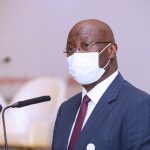
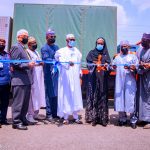






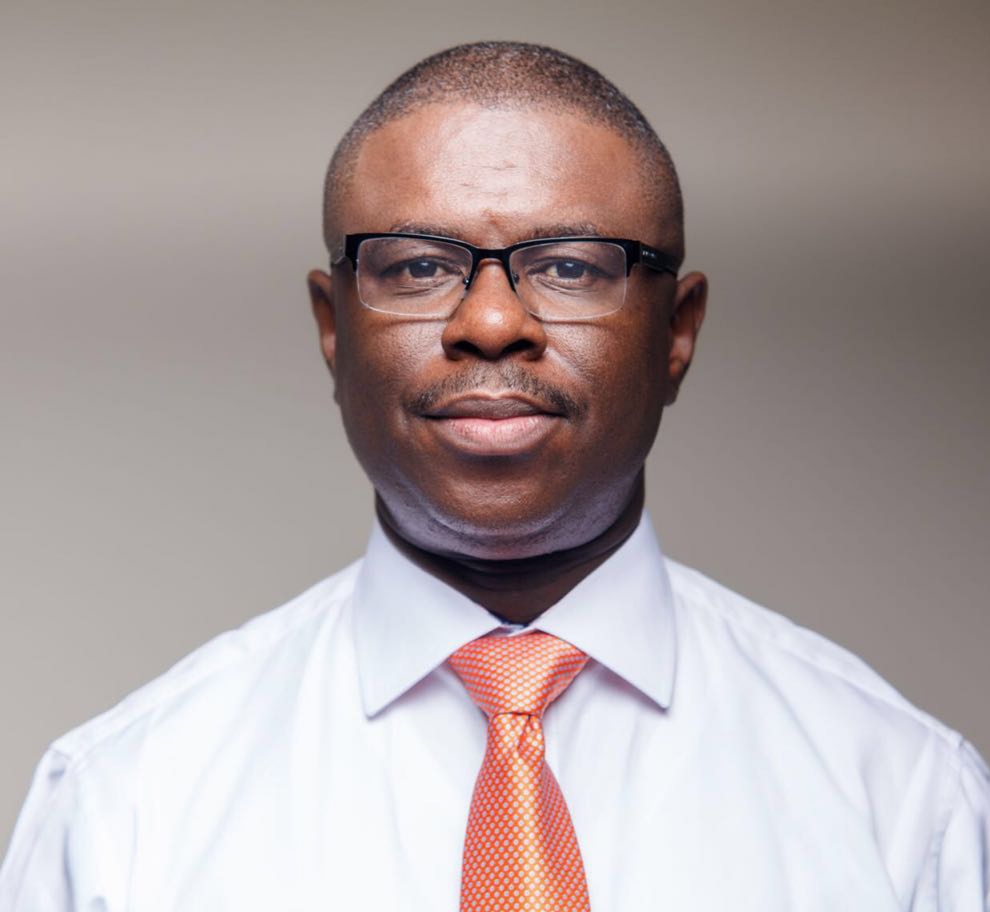

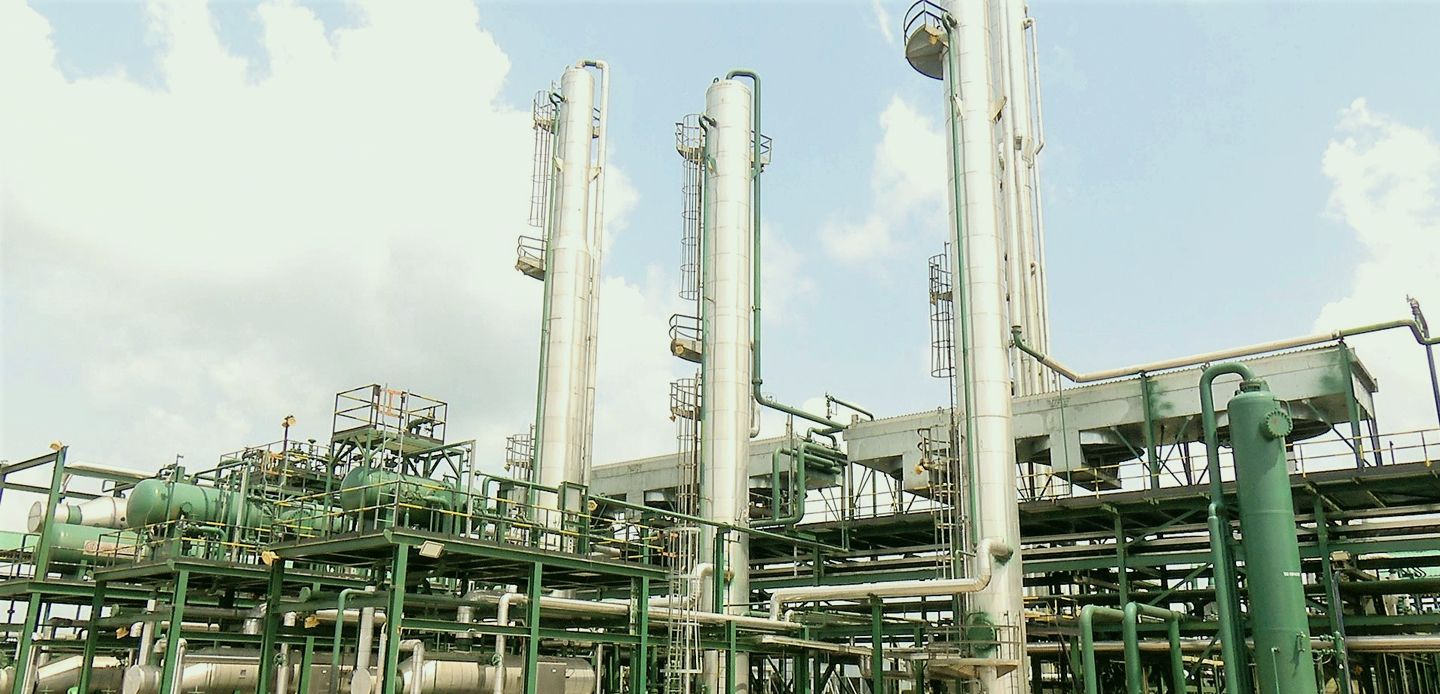
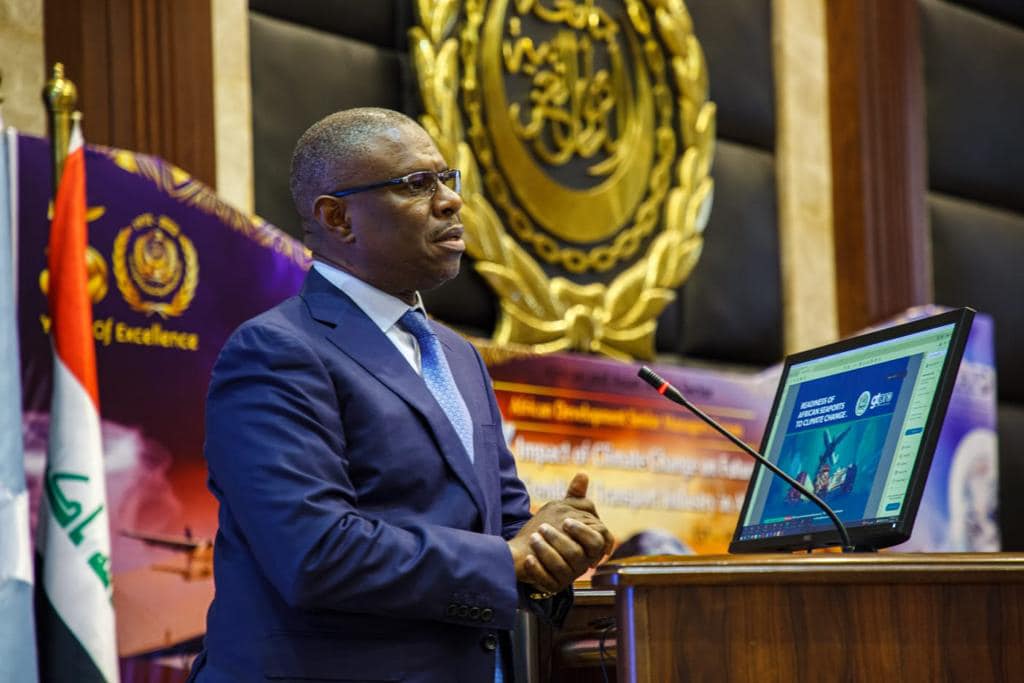

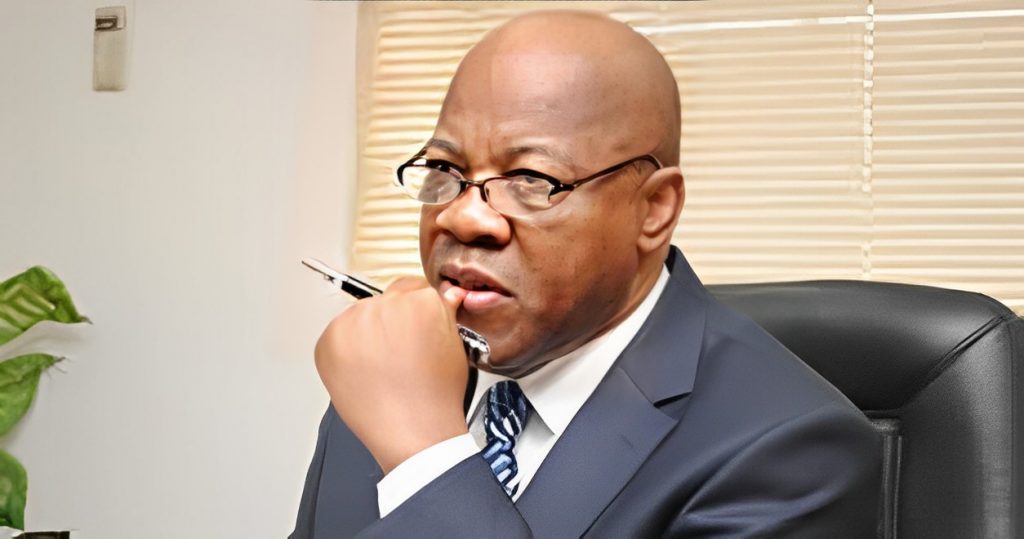
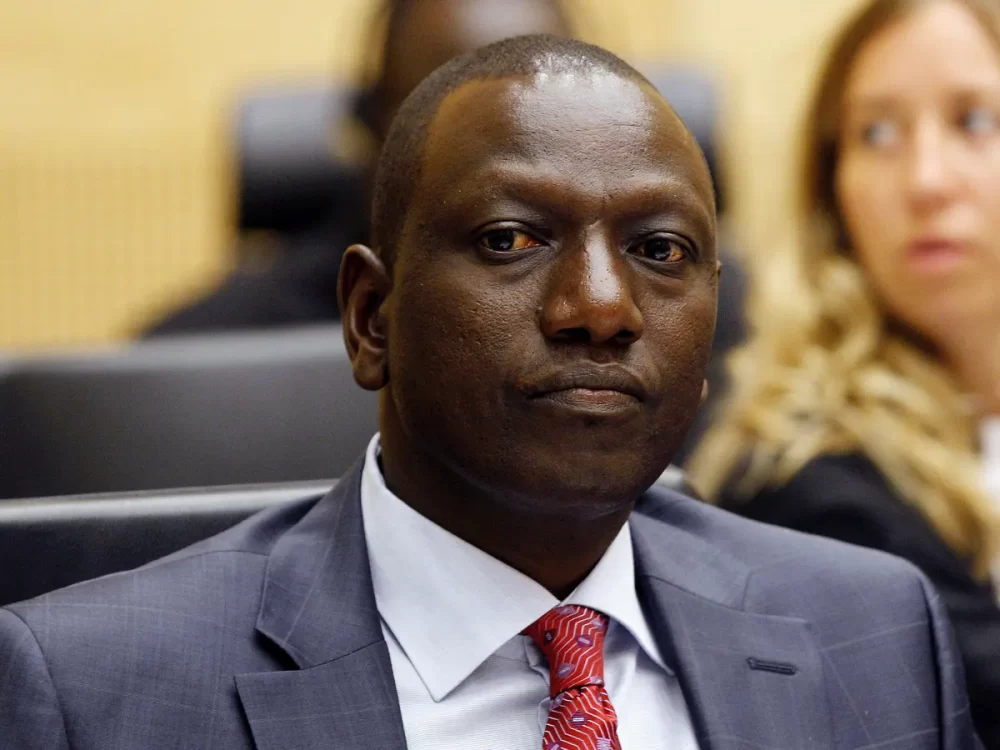



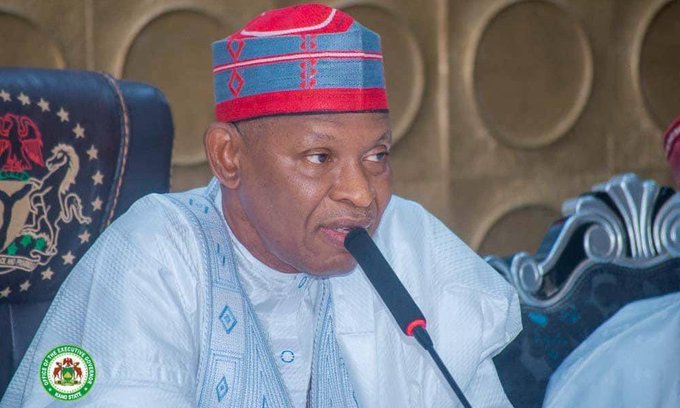

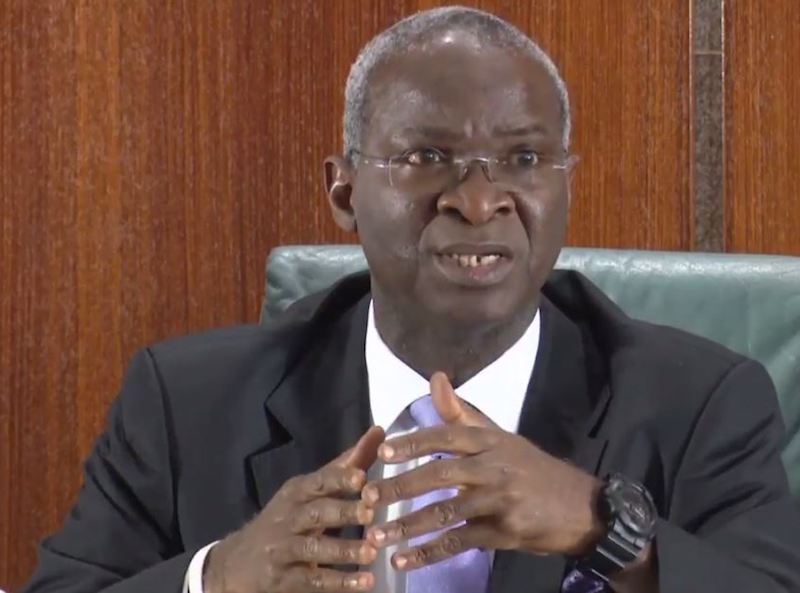
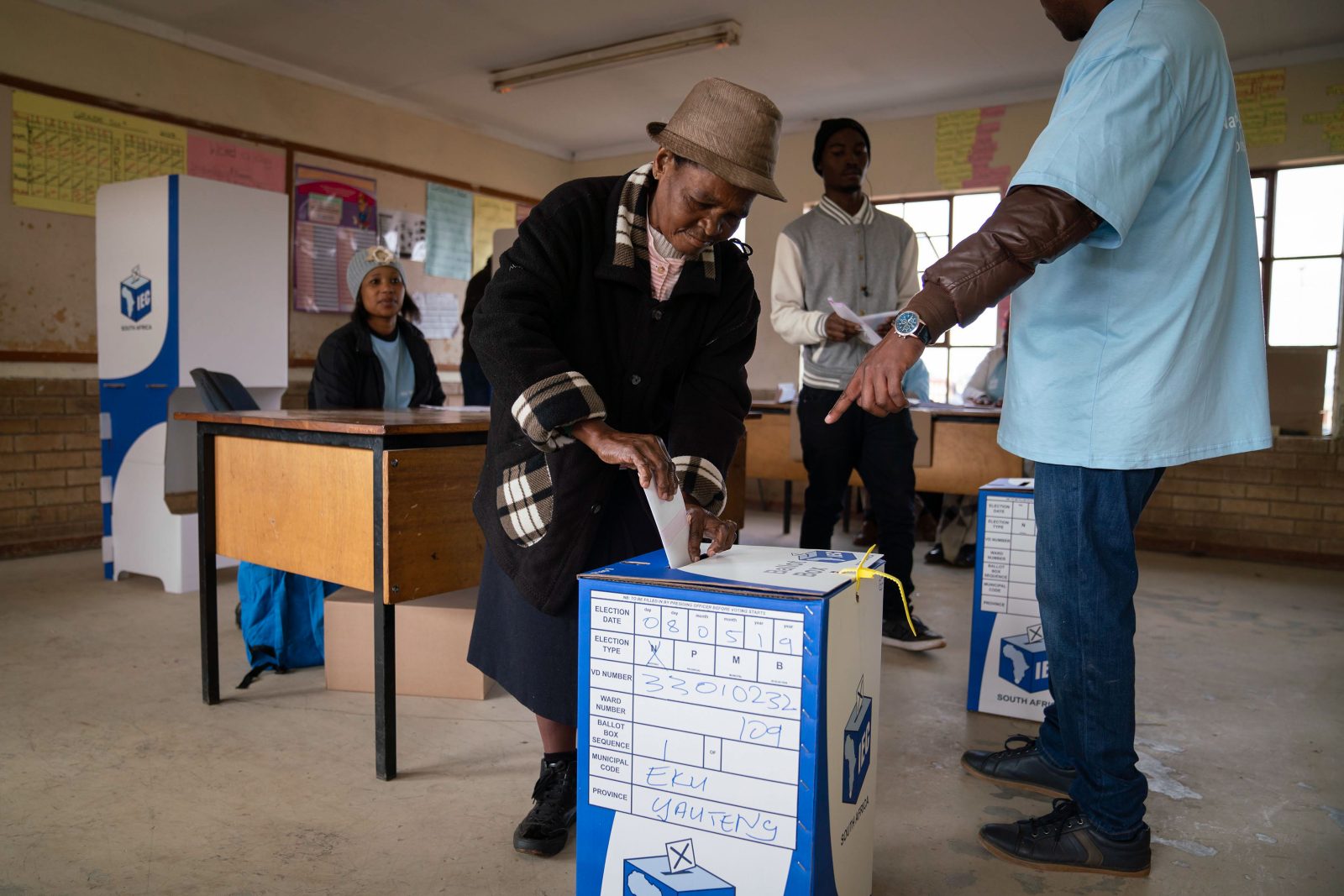

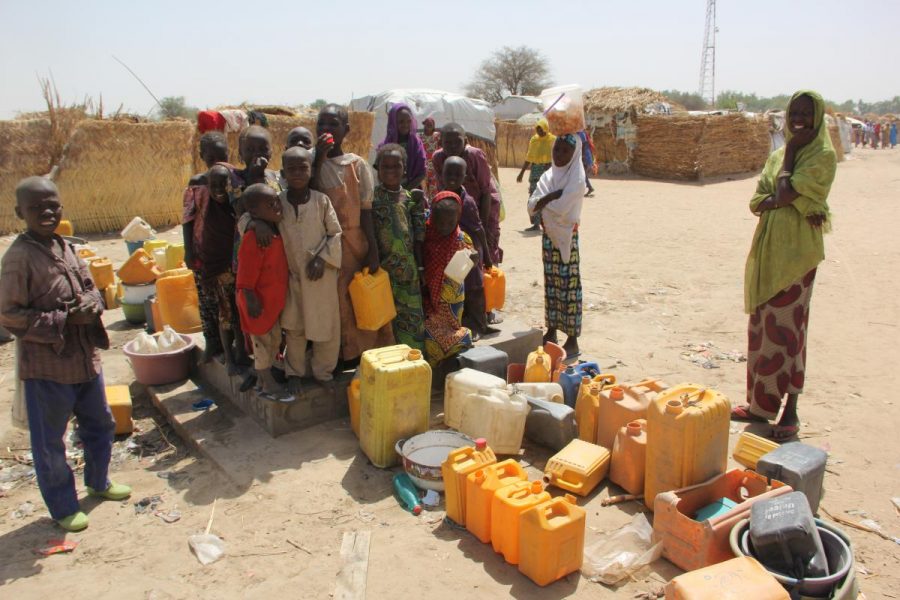
Leave a comment